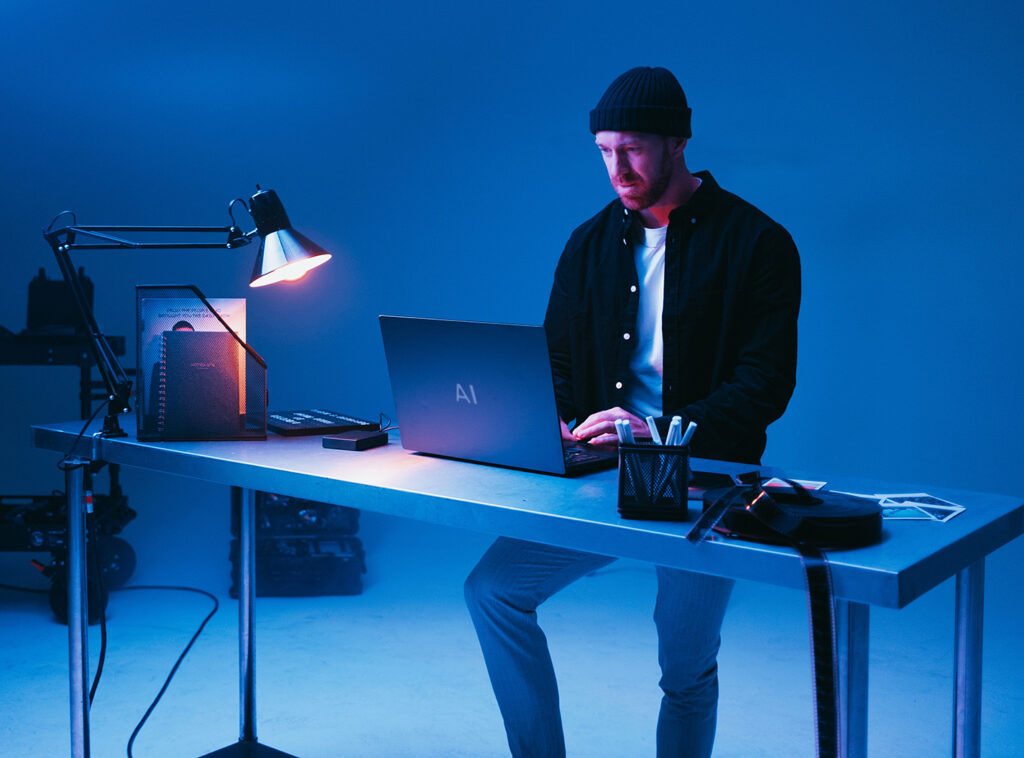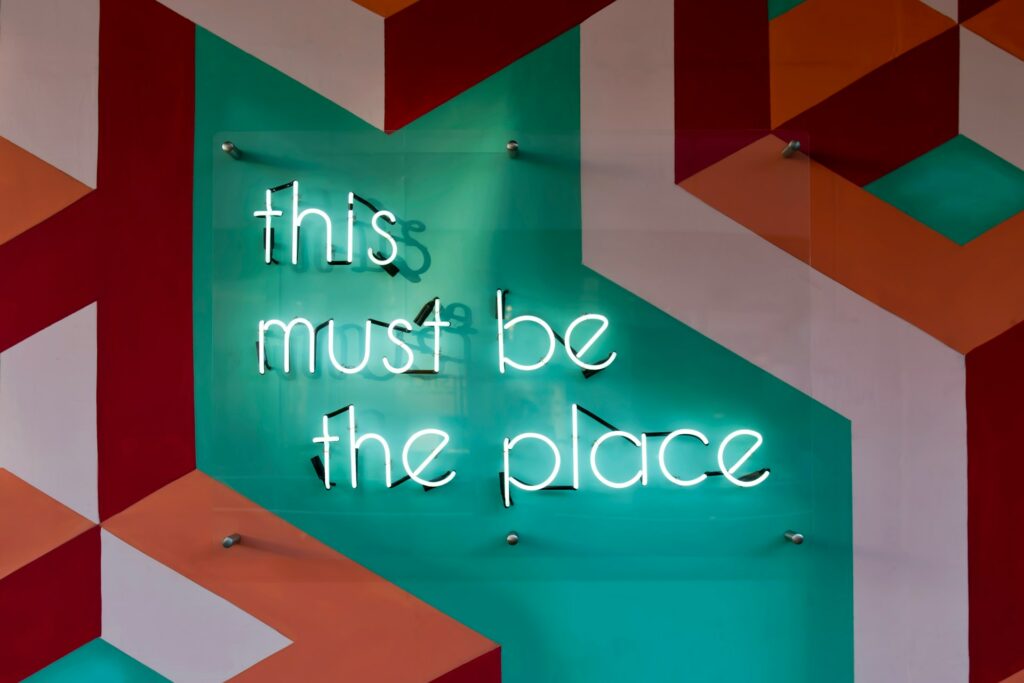
An often forgotten tool in recruiting strategies is how to conduct successful interviews and how to assemble a winning interviewing team. As a staffing agency that specialize in creative and marketing positions – both highly competitive markets for candidates in SF, NYC and LA – we see first hand how some companies consistently win the best talent, while others loose. Often times, those same successful companies are able to recruit talent that end up making a lateral move or even a taking a pay cut to join, all whilst feeling excited about joining.
So what is the big difference? Why do some companies excel while others struggle with their recruiting? Perhaps a bit un-intuitively, it has very little to do with being a “hot” company or having the next new product innovation or even the highest salary or equity comp. It comes down to a few simple things that can make a huge difference in your ability to attract the right candidates.
This is especially important the more senior the role you are hiring for. Junior candidates are often eager to get a new job, while i.e. a senior UX designers or a digital marketing manager will choose their next job with more scrutiny. And for director or VP level positions, these things are likely to make all the difference.
Here are our Top 5 tips for putting the odds in your favor when recruiting:

The first interview with a potential employer often sets the stage for how excited a candidate will be to move through the process. It’s important to build up that excitement level from the beginning. It will help keep your position top of mind as they navigate through other interviewing processes as well.
Make sure the first person a candidate speaks to does a good job representing the company. Asking a new hire to be the first touch point in recruiting is rarely a good idea, it can send a signal of high turnover.
When you come across a strong candidate, make sure to end the interview with your “pitch”. This is a form of passive selling, not directly selling to the candidate, but painting up an exciting picture of both the company and the position. A strong pitch will awaken the fighting spirit in the candidate to want to go the extra mile to win the position. If you’ve met with the right candidate, it’s important that they leave the interview thinking “damn, I want this job”.
Don’t start off with the pitch in an in-person interview. First of all, you first want to make sure this is a promising candidate. So wait until the end and at that point you will have also learned about what’s important for the candidate, so that you can tailor your pitch to fit their career goals (again, don’t make it directly about them, but rather speaking descriptively about the role)

Many people know the saying “people don’t leave jobs, people leave people”. That also translates to hiring in that “people join people”. When you bring people in for in-person interviews, make sure that some of your more charismatic and/or inspiring team members are part of the interviewing committee. Meeting people that you would enjoy working with and can see yourself learning from is a huge contributing factor when candidates choose between different companies or even different offers. Don’t leave your best for last, it’s more important to build up that excitement at the first in-person interview. Do this well and you can win your candidate even if you don’t have the strongest offer. We see it all the time.

In interviewing, time is your friend. Again, looking at all the clients we work with, regardless of if they are a start-up or Fortune 500, we see that the ones that move the process forward quickly, are the ones that most often win the candidate that they like. It’s often the convention to do one round per week per candidate, but considering multiple candidates and the occasional re-schedule, this often turns out being a 6-8 week hiring process. Our most successful clients often do interviewing processes that lock in the next step on a 2-3 day schedule.
About this author:
Annika Bryntse has worked as a hiring manager in the agency world for 12+ years and has a successful track record of hiring top talent in a competitive market. She now works for 80Twenty where she leads their senior and executive recruiting in the fields of marketing, media, and advertising.
Annika Brytnse is the co-founder and CEO of 80Twenty, a company recognized as one of the fastest-growing companies in San Francisco, CA, under her leadership. With a rich background directing prominent Digital Media and Advertising agencies, Annika brings extensive expertise in Media, Marketing, Advertising, and Creative industries. Her profound understanding of these sectors has been instrumental in shaping 80Twenty's success and establishing it as a pivotal player in the industry.



